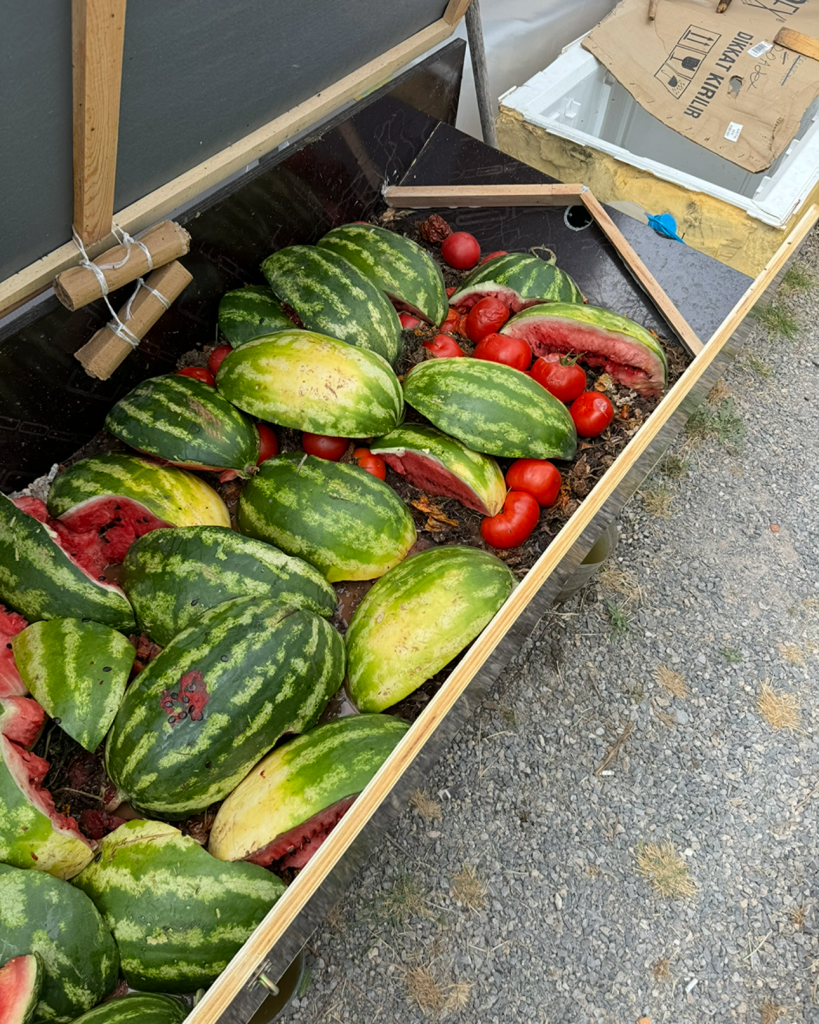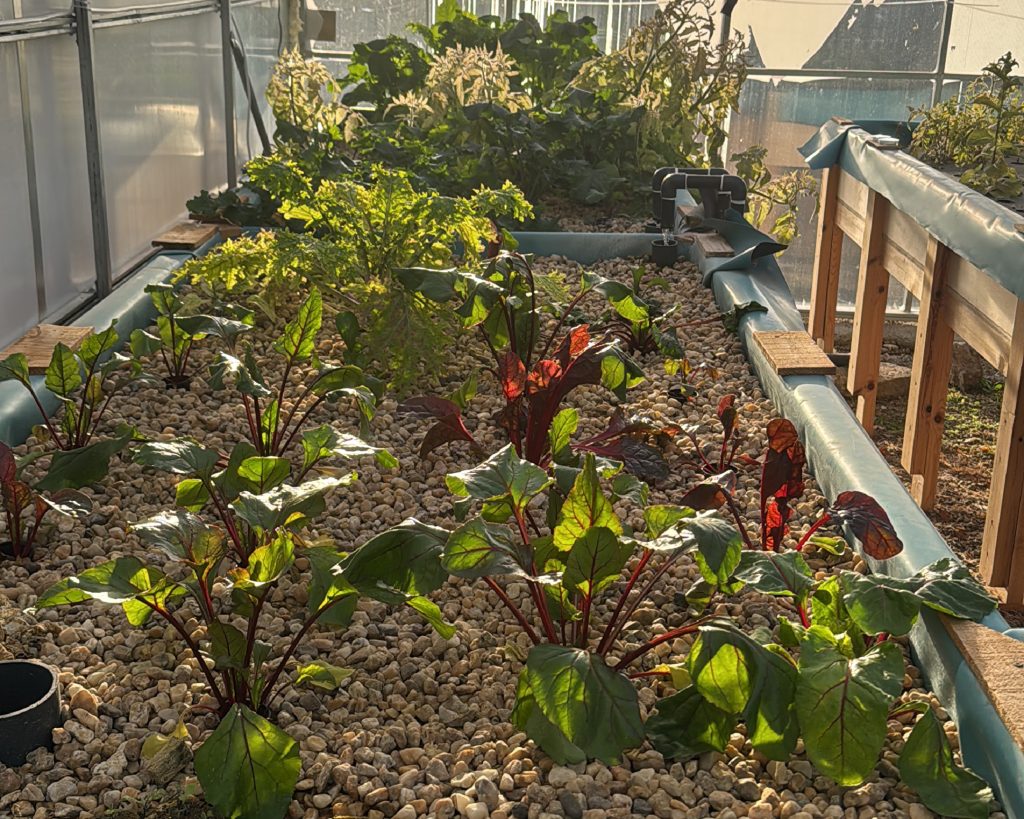The Taşarası Village Demonstrator in Havran district of Balıkesir, Madra Mountains is focuses on improving agricultural productivity and sustainability in Tasarasi village through the introduction of climate-smart farming and agro-photovoltaic The project aims to enhance crop yields, address water scarcity, and promote sustainable farming practices, while also providing local farmers with training and resources to ensure long-term food security and environmental stewardship.
The Taşarası Village Demonstrator in the Havran district of Balıkesir, Madra Mountains was initiated to address the agricultural challenges faced by the Tasarasi village, including water scarcity, soil degradation, and low crop yields. Traditional farming methods were no longer sufficient to meet the growing demands of the community, and environmental pressures exacerbated the situation. The project was launched to introduce modern, sustainable farming practices and technologies to improve productivity, enhance food security, and support the local economy, while addressing the region's environmental concerns through better resource management.
1. Increase Agricultural Productivity: Implement modern farming techniques and technologies to boost crop yields and improve overall agricultural efficiency.
2. Enhance Water Management: Introduce advanced irrigation systems to address water scarcity and optimize the use of available water resources.
3. Promote Sustainable Farming Practices: Encourage environmentally friendly practices that preserve soil health, reduce degradation, and promote long-term sustainability.
4. Empower Local Farmers: Provide training and resources to equip farmers with the skills needed to adopt new agricultural methods and ensure self-sufficiency.
5. Improve Food Security: Strengthen the village’s food supply by ensuring more reliable and higher-yielding harvests, contributing to long-term community resilience.
1. Installation of Hydroponics System: Advanced irrigation techniques, such as drip and sprinkler systems, were introduced to optimize water use and combat water scarcity. The system is connected to the electricity grid as well as agro-photovoltaic.
2. Farmer Capacity-Building Programs: Local farmers received training on sustainable farming practices, modern crop management, and the use of new technologies to improve productivity.
3. Soil Conservation Measures: Techniques to prevent soil degradation, such as vermicomposting.
4. Community Engagement: Workshops, community meetings, and focus group discussions were held to raise awareness about sustainable agriculture and to involve farmers in the decision-making process as well as policymaking.
5. Monitoring and Evaluation: Continuous monitoring of crop yields, water usage, and soil health was conducted to assess the effectiveness of the new methods and ensure long-term success.


The Taşarası Village Demonstrator's main achievements have been the successful implementation of aquaponics, hydroponics, insect farming, vermicomposting, and agro-photovoltaic systems, which have improved water efficiency, energy efficiency, food and nutrition security, and soil fertility through compost and increased crop yields. Additionally, the project has empowered farmers with the skills and knowledge needed to sustain these improvements, leading to more stable food security in the village and promoting long-term environmental sustainability.

Lessons Learned:
1. Water Efficiency: The frontier agricultural innovations introduced improve water use efficiency, which is critical for regions facing water scarcity.
2. Farmer Engagement: Providing hands-on capacity-building and involving the community in decision-making are key to successful adoption of climate-smart practices.
3. Sustainability Requires Support: Long-term success depends on continuous support and access to resources for farmers to maintain sustainable practices.
Replicability:
The approach of FrontAg Nexus is highly replicable in other rural areas facing similar challenges, especially where water scarcity and low agricultural productivity are issues. Key factors for replication include adequate training, initial resource investment, and local engagement.
Scalability Potential:
The frontier agricultural innovations, e.g., aquaponics and hydroponics, can be scaled up due to their modular structure. With proper infrastructure and support, this approach can be expanded across regions to improve agricultural outcomes and resilience in broader contexts.









